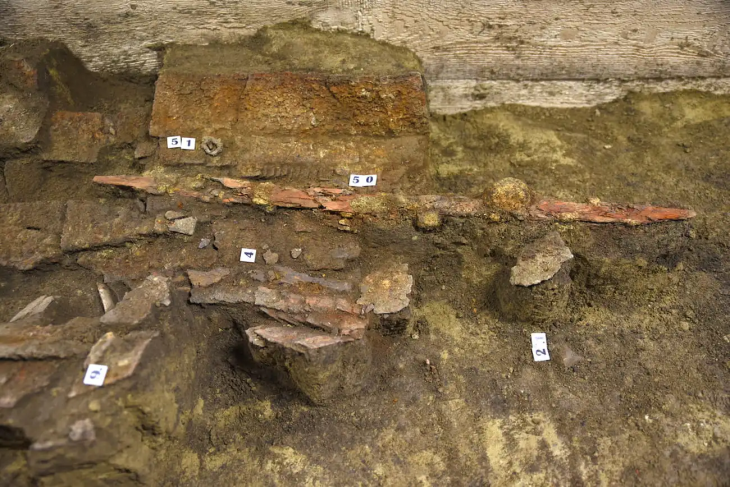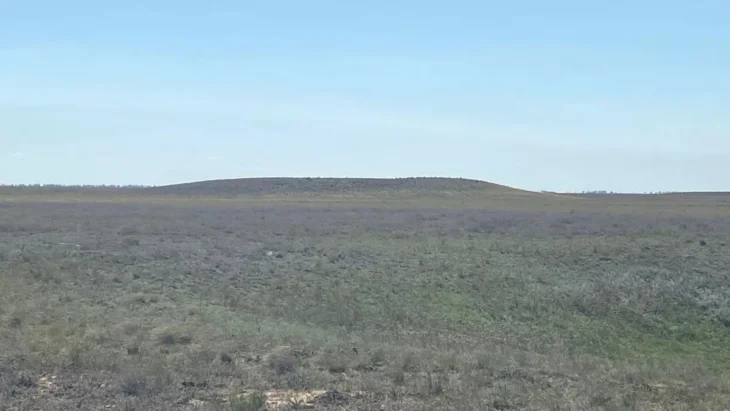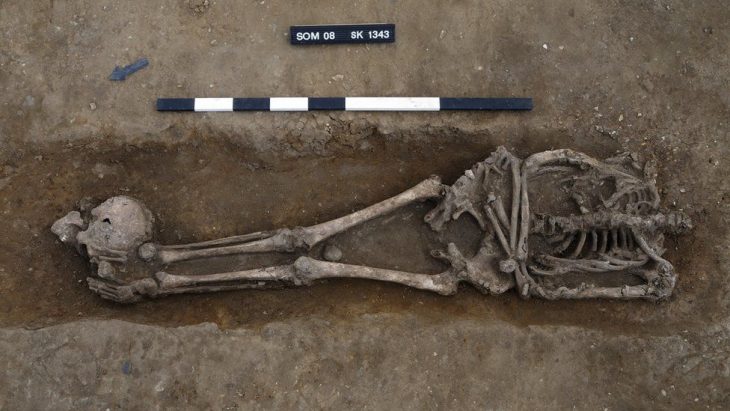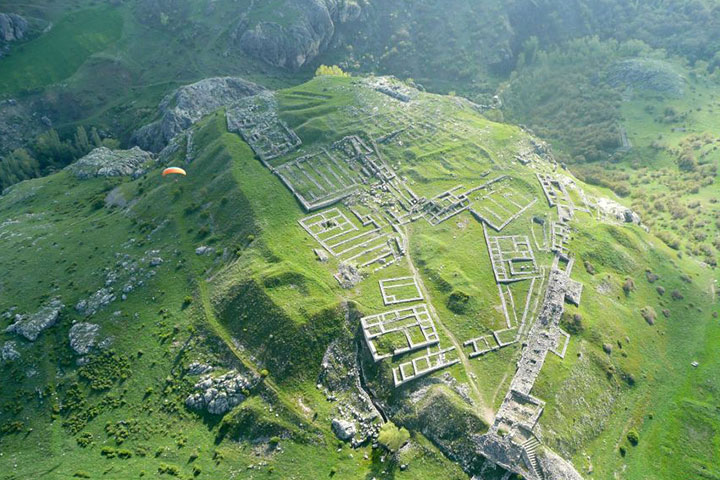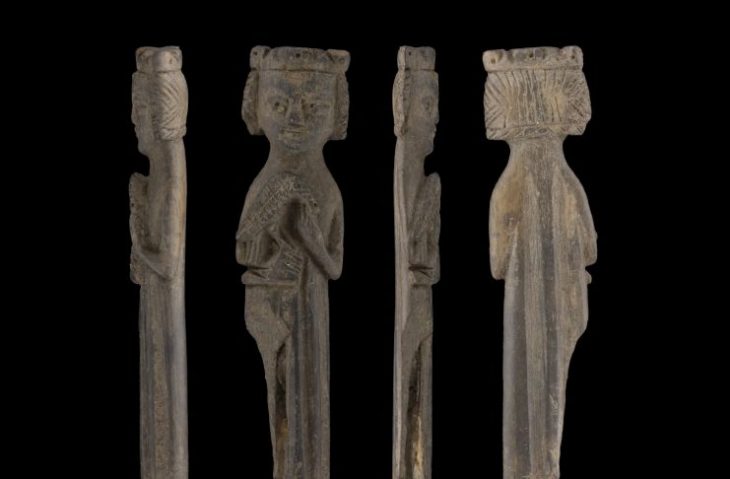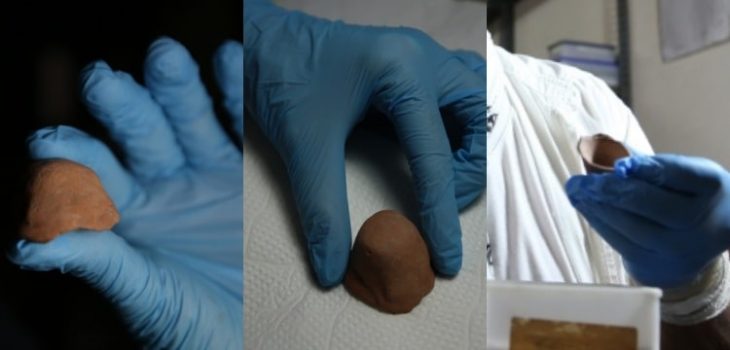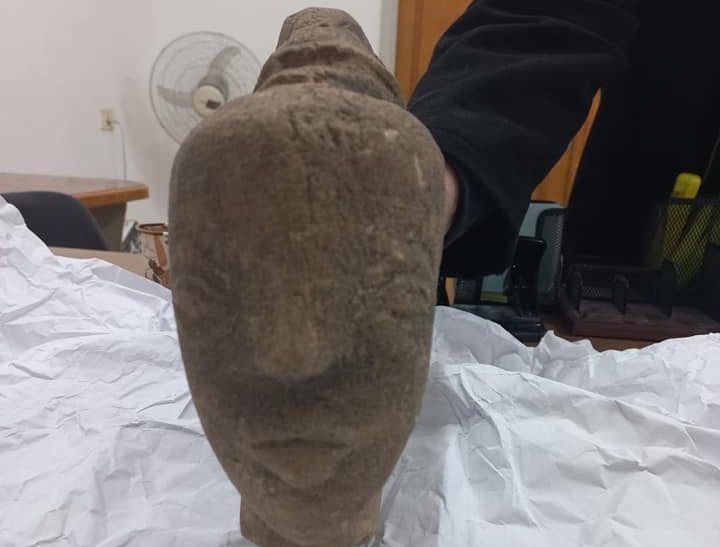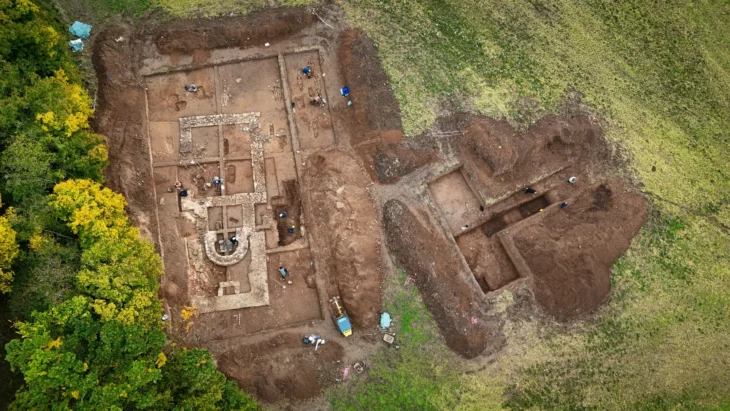The first English settlers to arrive in North America ate indigenous dogs to survive an extreme period of starvation, according to a new study.
A famine at Jamestown may have resulted from the consumption of dogs with Indigenous ancestry, according to new research that challenges previous historical narratives and reveals intricate relationships between early European colonists and Indigenous communities.
Researchers at the University of Iowa discovered that six dogs from the Virginia Company Period in Jamestown—the first permanent English settlement in North America—possessed Indigenous ancestry and were eaten by the settlers.
The study was published on May 22 in American Antiquity by Cambridge University Press on behalf of the Society for American Archaeology.
Researchers now have a different perspective on how Indigenous communities in this era dealt with the emergence of colonial powers as a result of this discovery. The new study also suggests that early European colonists depended on local Indigenous communities for their very survival, especially during the initial settlement period.
📣 Our WhatsApp channel is now LIVE! Stay up-to-date with the latest news and updates, just click here to follow us on WhatsApp and never miss a thing!!
In the study, scientists analyzed genetic material from archaeological specimens of dogs that lived in Jamestown between 1609 and 1617 AD. At least six of the Jamestown dogs that were analyzed had unambiguous evidence of Native American ancestry. These dogs shared mitogenomic similarities with Hopewellian, Mississippian, and Late Woodland period dogs from eastern North America.
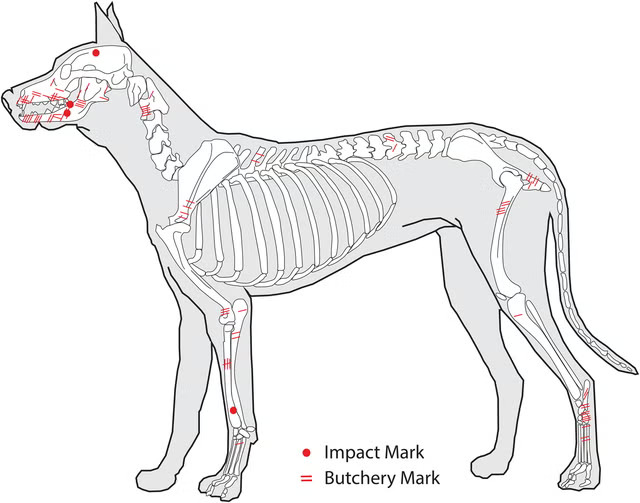
The researchers also found that the six dogs were consumed by the residents at Jamestown. These results indicate the existence of intricate factors that contributed to the dogs’ existence in the Fort and the consumption of Indigenous dogs by Jamestown’s residents before, during, and following the Starving Time.
Archaeologists said the practice was not uncommon at the time.
‘Although the consumption of dog flesh in modern Western societies is considered taboo, there is a long history of eating dogs during periods of stress in England and other parts of Europe,’ they wrote.
Towards the end of the first year of settlement in the Jamestown area, about two-thirds of the original settlers had perished, succumbing to disease, malnutrition, or violence.
This led to the colony being nearly abandoned in the spring of 1610 after a harsh winter characterized by “violence with neighboring tribes, drought, poor harvests, lack of supplies, and severe starvation known as the Starving Time,” scientists said.
The genetic analyses of archaeological dogs also reveal insights into the social entanglement between colonizers and Indigenous communities. Dogs reflected the complex and quickly shifting social landscapes of this era by serving as a bridge and source of conflict between European and Indigenous cultures.
Cover Photo: Historic Jamestowne


